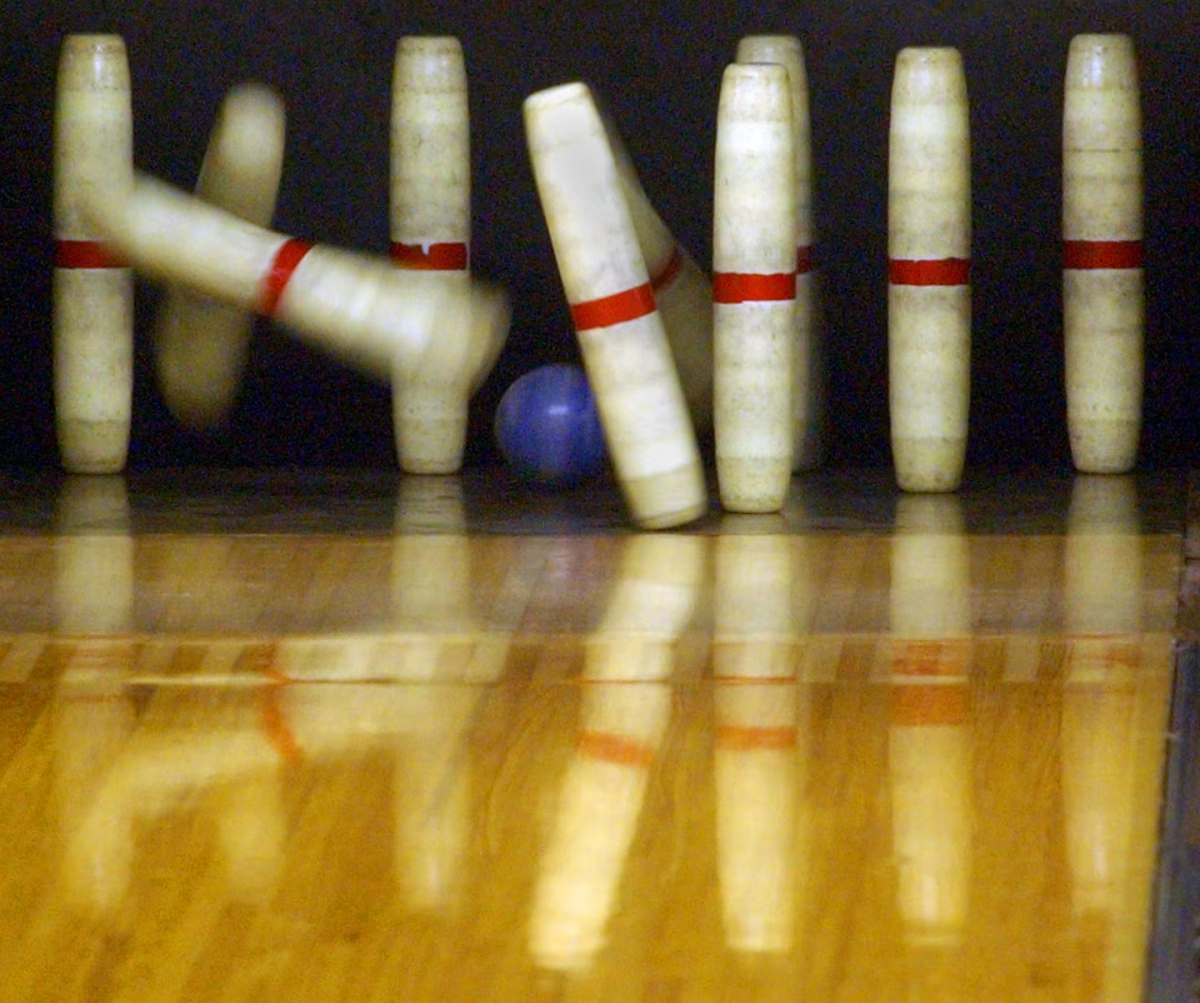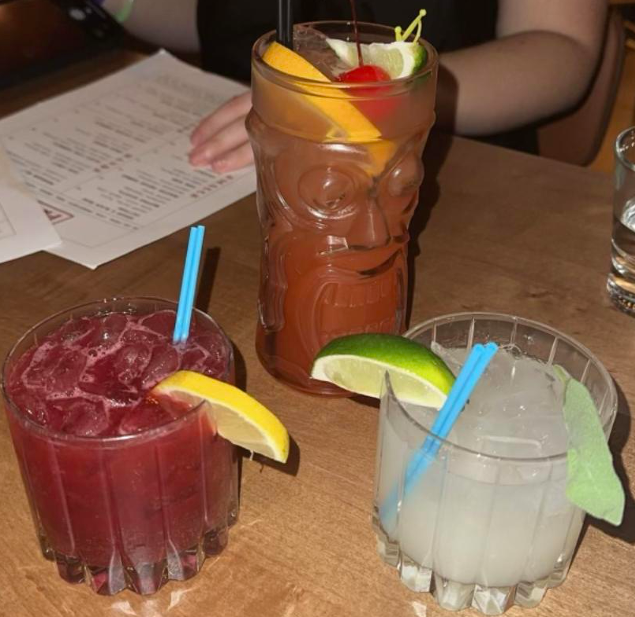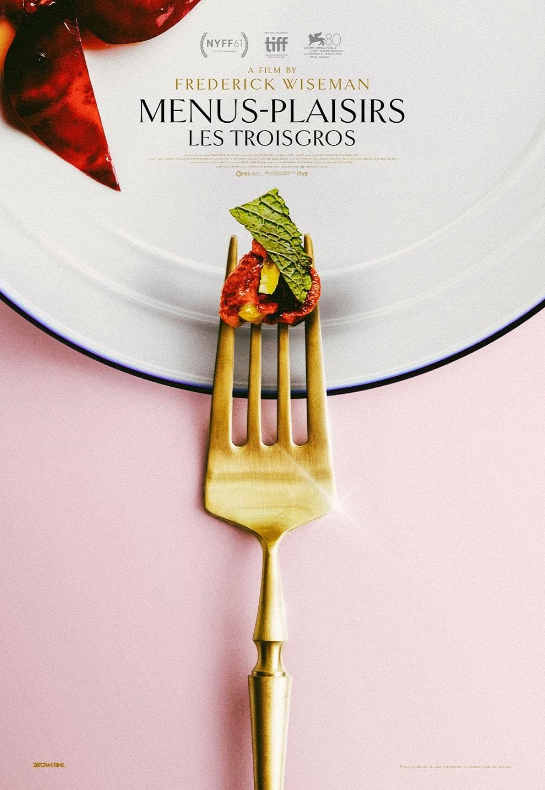
On my Facebook newsfeed a while back, I scrolled across two nearly adjacent articles shared on the same day. One was posted by Time.com titled “7 Reasons You Should Consider Quitting Coffee Today.” The other, by The Atlantic, was called “The Case for Drinking as Much Coffee as You Like.” Even better were the opposite taglines: “Read this before you grab your next cup,” versus “Go ahead, have another cup.”
Like many factors of our daily health, fitness and diet regimen, caffeine stands in a state of constant conundrum. Health specialists and dieticians seem to incessantly vacillate on whether or not we should have that bitter, dessert-inspiring, culture-defining, socially oriented, energy-boosting drink with our breakfast or any other time of day. And, at places like UMass, coffee can seem like a necessity. It can help us focus and pull all-nighters. Sometimes, it feels like it writes our essays for us. Personally, I don’t know if I could get through my undergraduate career without the endless coffee supply in and around the dining halls. Red Bull and other caffeinated products are also popular on campus. We’re all hooked, it seems, and not afraid to admit it. But is it really worth consuming, given the evidence of health hazards? And, if so, how much is too much? There is a lot to consider.
According to a 2014 article published in The Wall Street Journal, caffeine works by “blocking adenosine, a neuromodulator in the brain that puts the brakes on excitatory neurotransmitters like dopamine and norepinephrine.” This would explain why we experience highs from caffeine, beyond just feeling more awake and alert; dopamine is a feel-good neurotransmitter, and norepinephrine is associated with fight-or-flight. It can be an inspirational tool for creative thinkers, an early-morning boon, and our savior when that 15-page research paper is due in less than 12 hours.
But, because it raises stress levels, caffeine might heighten symptoms of an already unhealthy mind. So, if you are prone to anxiety or depression, caffeine can make it worse. Those who do not immediately experience negative side effects can still experience addiction and subsequent caffeine withdrawal, which is now a recognized disorder and has debilitating side effects ranging from a headache to depression and flu-like symptoms.
It needs to be remembered that caffeine is a drug. And, like any legal drug, from sugar to alcohol to Benadryl, it needs to be consumed with a healthy amount of caution. It can raise blood pressure and anxiety. It can also lead to insomnia and addiction. Caffeine overdoses, though difficult to achieve in practice, are real, and can lead to cardiac arrest.
Dying from overconsumption, according to The Wall Street Journal, would require “around 140 eight-ounce cups of coffee in one day.” But slow and steady debilitation is possible, as with tobacco use or alcohol consumption. One doctor assures that things are fine if you stay at the limit of about four eight-ounce cups of filtered coffee, or around 400 milligrams, early in the day. Any more than that has shown to lead to mortality risks for people less than 55-years-old. To put that in perspective: a simple, 12 ounce (“tall”) brewed cup of coffee from Starbucks is 260 milligrams of caffeine. A “grande,” the next size up, is 330 milligrams and a “venti” (20 ounces) is 415 milligrams. Granted, the numbers go down from there on their menu, and Starbucks is notorious for exceeding caffeine content from other franchises. If we’re not talking coffee, 8.4 fluid ounces of Red Bull contains 80 milligrams of caffeine (along with other energy-boosting ingredients), and the average bar of dark chocolate contains 75 milligrams. And, for the record, decaffeinated coffee still contains caffeine. For Starbucks, their decaf coffee contains only seven-and-a-half percent of the original brew.
Coffee consumption is worldwide. The United States is not even close to being the number one consumer country of coffee, despite how it may seem from the inside. Finland is number one in that regard. And since we look to Scandinavian countries so often for their societal success, maybe we should take their openness to caffeine into account. Many cultures, including Brazilians and Colombians, even advocate coffee for children as young as two-years-old. Perhaps our problem with caffeine is like many of our American epidemics, which is that we do not know how to practice usage in moderation. According to The Atlantic, coffee consumption has shown to decrease risk of Type 2 Diabetes by eight percent for women and four percent for men. It has also shown to benefit liver function. Coffee beans, caffeine and all, are also a product of the earth. They are natural, just like tea and vegetables; therefore, they have a myriad of benefits beyond just waking us up, from antioxidants to pain relief.
The key point to remember is that our caffeine habits are part of a much larger web of habits that make up our day. Unless we have a caffeine allergy or something of that nature, we should not blame caffeine for our stress levels or health complications. Like any drug, it is subject to overconsumption and abuse. It can exacerbate those issues, and quitting can certainly alleviate some stress caused by unrelated factors. But, if you live an overall healthy and happy lifestyle, a cup or two a day has not been proven to hurt you. Like anything habitual or drug-related, it depends on the big picture and who you are – lots of factors come into play.
Sarah Gamard can be reached at [email protected].


















